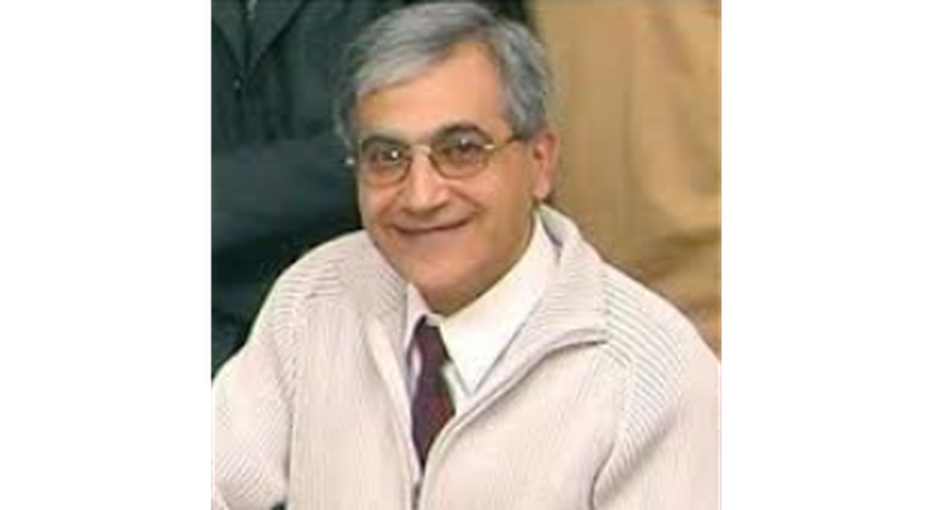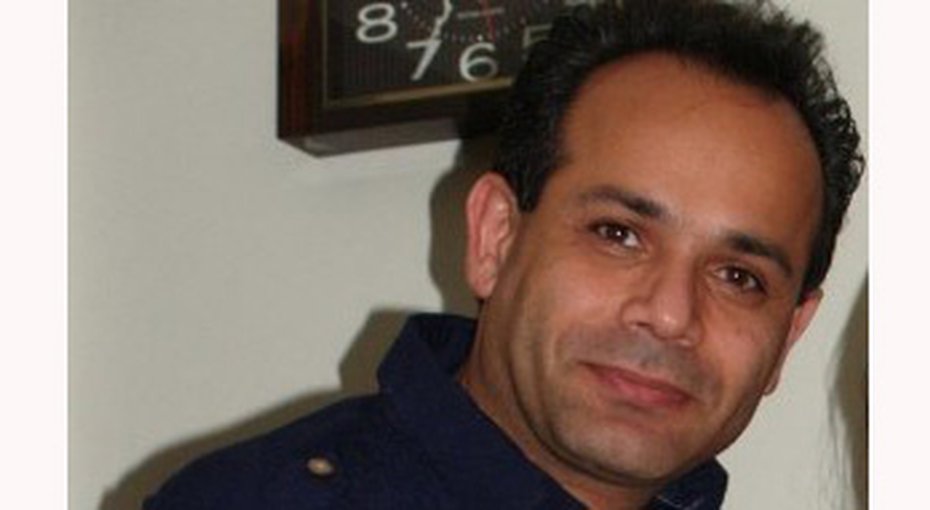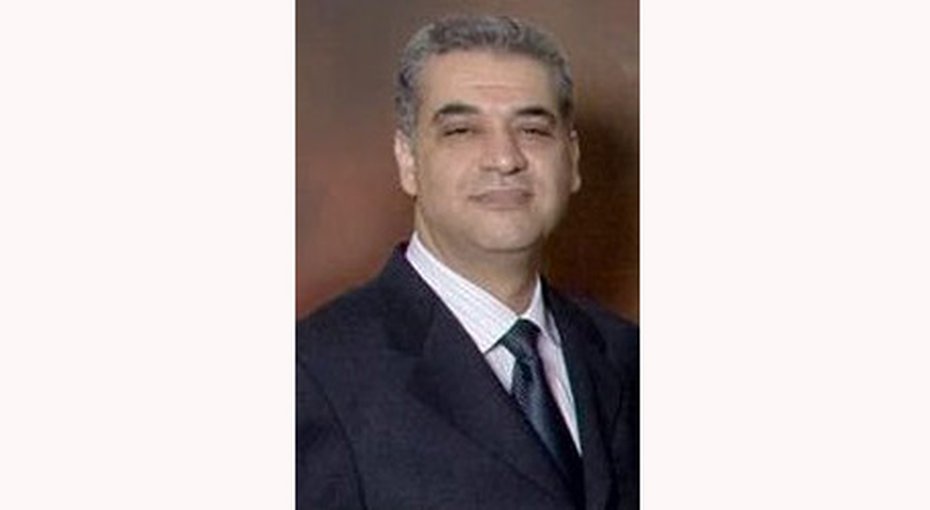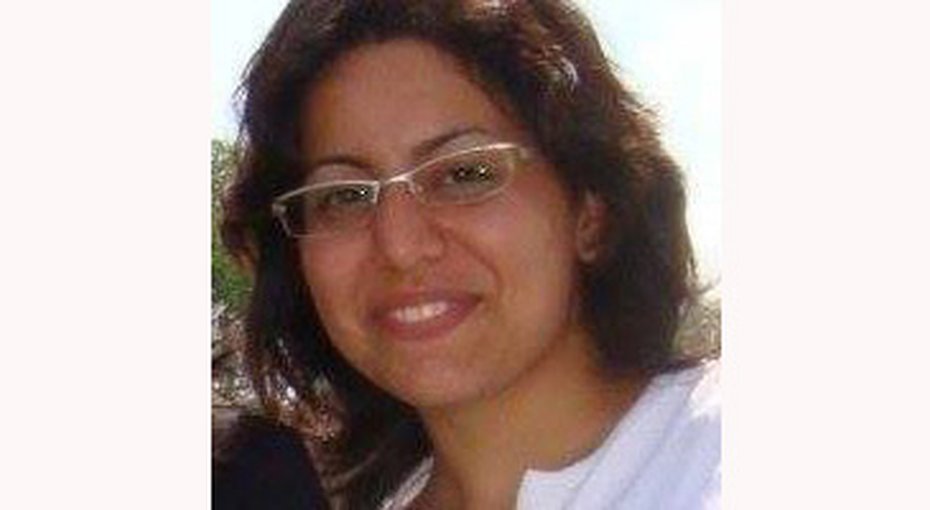Source: iranwire.com
By KIAN SABETI
On Monday, April 23, Iranian Foreign Minister Mohammad Javad Zarif addressed the American Council on Foreign Relations, discussing a wide range of issues, from US-Iranian relations to Syria and the nuclear deal. Following the speech, he was asked about the continued persecution of Baha’is in Iran and violations of their human rights. He denied there were any such violations — as officials from the Islamic Republic have been doing for years. “No Baha’i individual is in prison for the crime of being a Baha’i,” he said — the usual refrain.
“Being a Baha’i is not a crime,” Zarif emphasized. “We do not recognize somebody as a Baha’i, as a religion, but that’s a belief. Somebody can be agnostic, somebody can be an atheist. We don’t…take them to prison because they are an atheist. So this is the difference that you need to make. But being…a Baha’i does not immunize somebody from being prosecuted for offenses that people may commit.”
On the same day Zarif made this claim, authorities informed the family of detained Baha’i Mitra Badrnejad, who has been held in detention in Ahvaz, the capital of the southwestern province of Khuzestan, for close to 60 days, of the charges against her. Badrnejad was charged with “membership to the Baha’i religious organization” and “proselytizing Baha’ism” — leaving no doubt that what Zarif said is untrue. Iranian citizens are jailed for being Baha’is.
The same charges were handed down to Farajollah and Nazanin Bangaleh, a Baha’i father and daughter, the next day, Tuesday, April 24, at Branch 1 of the Revolutionary Court in Shiraz, the capital of Fars province. They were both sentenced to five years in prison. The court justified its verdict by citing articles 499 and 500 of the Islamic Penal Code, which sets the punishments for membership to organizations that threaten “national security” or engage in “any type of propaganda against the Islamic Republic.”
Nothing New from Zarif
“The views expressed by Mr. Mohammad Javad Zarif about human rights violations in Iran are [not] new, nor [is it] the first time that he has expressed them,” Dr. Farhad Sabetian, spokesman for the International Baha’i Community, told IranWire. “For example, in April 2015, in an interview with a host of the American TV network PBS [video], he denied that Iran has prisoners of conscience and political prisoners. ‘We do not jail people for their opinions,’ he said.”
Sabetian said the claims, repeated time and time again, suggest the extent to which Iranian officials are out of step with reality. “This claim has been repeated so many times that it has turned into a pseudo-reality,” says Sabetian. “It is a fascinating view but it completely goes against reality. Hundreds of pieces of evidence and official documents — several times the volume of the repeated claims by the Islamic Republic officials — show clearly and beyond any doubt not only that these claims are false but that the reason for persecuting Baha’is is, and only is, their religious beliefs. Anybody can find hundreds of official documents about this by going to the Archives of Baha’i Prosecution in Iran website.”
Sabetian describes how the flawed Iranian judicial system facilitates the continued persecution of the Baha’is. “Baha’is have the duty to respect the laws of any country where they live and deserve punishment if they violate those laws. But this requires that their crimes be proven by following the law and the due process. Unfortunately, however, the Iranian Revolutionary courts accuse and condemn the Baha’is on trumped-up charges such as acting against national security and propaganda against the regime. The trials are often held behind closed doors and without the presence of the families or impartial observers. In many cases even their lawyers are denied the right to attend the trials. The question for Mr. Zarif and other Islamic Republic officials who claim that the rights of Baha’is are not violated because of their religion is this: If their crime is not their religious beliefs then how come, as of now, no credible evidence of their purported crimes has been offered?”
Below is a list of imprisoned Baha’is and the length of their sentences. They are Iranian citizens who, contrary to the claim by the Iranian foreign minister, are serving prison sentences exactly because of their belief in Baha’i religion. Indictments against them show that these Iranian citizens have not committed any crime and they all have been tried and convicted on three charges based on articles 498, 499 and 500 of the Islamic Penal Code: (1) managing or (2) membership to the Baha’i religious community and (3) proselytizing Baha’ism.
Rajaei Shahr Prison:
1. Adel Naeimi, 11 years.
2. Afif Naeimi, 10 years. Naeimi is the only remaining imprisoned former member of the “Yaran” (or “Friends”) of Iran, an informal leadership group for Iran’s persecuted Baha’i religious minority. He was recently returned to prison after a medical leave of absence that lasted a few months.
3. Farhad Fahandezh, sentenced to 10 years in prison. He was exiled from Gorgan to Rajaei Shahr Prison.
4. Vahed Kholousi, five years. Kholousi is an activist who campaigns for lifting the ban on Baha’is pursuing higher education.
5. Navid Khanjani, five years. He was denied release despite completing his five-year sentence. In June 2017, while he and his family were waiting for his release, the court added one year to his sentence in connection with a different case, known as the “Sarand Camp Case.” In that case, Khanjani was one of 35 civil activists who had traveled to Varzaghan in East Azarbaijan on August 11, 2012 to help earthquake victims because they believed the government was not doing enough. Police arrested them and their camp was shut down. Most of the activists were released, but Khanjani remained in custody.
6. Afshin Seyed Ahmad, three years.
Evin Prison:
7. Peyman Kushak-Baghi, five years. He teaches at the Baha’i Institute of Higher Education (BIHE), an underground university established to counter the ban on Baha’is studying at universities.
8. Azita Rafizadeh, four years. Rafizadeh is a teacher for BIHE and is married to Peyman Kushak-Baghi.
9. Negin Ghadamian, five years. Ghadamian is a teacher for BIHE.
10. Sima Kiani, one year.
Mashhad:
11. Nika Kholousi, six years. She was imprisoned along with her sister, Nava Kholousi.
12. Mahsa Mahdavi, three months.
Semnan:
13. Pouya Tabianian, six and a half years.
Shiraz:
14. Hasan Momtaz, five years. He is a teacher for BIHE.
Gorgan:
15. Sheida Ghoddousi, 11 years, handed down by the lower court. The verdict of the appeals court is pending.
Isfahan:
16. Saba Golshan, four years.
Ahvaz:
17. Mitra Badrnejad, in detention.
18. Farajollah Bangaleh, in detention.
The list covers only Baha’is who are currently in jail, so it does not convey the whole picture. In recent years, scores of Baha’is have been arrested across Iran for being members of the Baha’i community or for promoting Baha’ism and have been released on bail. A number of them are currently awaiting a trial date, waiting for the verdict following their trial or to be summoned to start serving their sentences. These Baha’is are nominally not in prison, but like prisoners, they are denied the ability to lead a normal life or to plan for their futures. At any moment their lives may be interrupted by court orders and summons.
More on the persecution of Baha’is in Iran:
Freed Baha’i Leader: Jailing Baha’is is Futile and Pointless, February 2018
Young Baha’i Tries for University but Ends up in Jail, November 2017
The Baha’i Welder Who Would Not Give Up, August 2017
129 Baha’is Banned from Education, February 2017
Killing Baha’is Paves Our Way to Paradise, October 2016
Baha’is to Rouhani: “Stop Economic Apartheid in Iran Now”, September 2016
Baha’i Parents sent to Prison, Leaving their Child Alone, March 2016
The Baha’i Blacklist: Iran’s Crackdown Continues, January 2016
Fresh Attacks on Baha’i Businesses, June 2015
The Film the Iranian Government Doesn’t Want you to See, September 2014







Leave a Reply